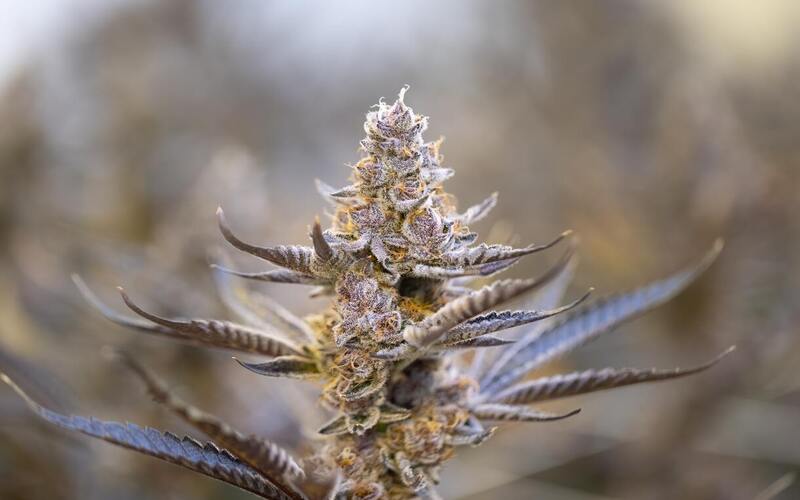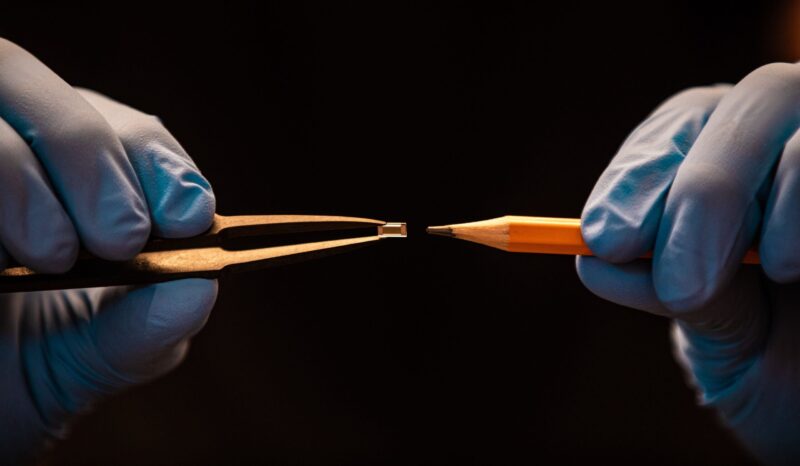As the legal cannabis market expands across the country, so does the demand for electricity to operate a commercial grow. It has become increasingly important for technology to innovate and consolidate meeting the needs of the producers while reducing the demand for resources, such as electricity.
To illustrate, rather than a different system for microbial control, odor control and IAQ/ occupational health, having a single unit with multifunctionality is more cost effective and energy efficient.
Take for example, the MT-6TM Molecular Filtration System as a fully comprehensive and sustainable solution to commercial cannabis emissions.
Furthermore, it is critical for environmental sustainability that manufacturers design and engineer control equipment with a molecular-level understanding of the emissions from commercial cannabis facilities and consider the other environmental factors at play, such as humidity, particulate and lighting levels.
As an example, Photocatalytic Oxidation (PCO), found to be extremely effective in airports and medical facilities for microbial control, was initially considered an appropriate technology for cannabis cultivation applications.
However, after environmental factors of commercial cannabis operations were taken into consideration and it was discovered that humidity levels of a grow can cause PCO technology to produce byproducts, such as aldehydes, that are threatening to human/worker health, it is no longer an acceptable or safe control solution for this industry.
Thanks to Dr. William Vizuete and Dr. Alex Guenther of the Byers Emissions Analysis team, the scientific understanding of commercial cannabis emissions can be leveraged to optimally engineer control technology.
This process is the only way to ensure the safety of your workers and the overall health of your canopy.
If the industry was federally legal, agencies such as the EPA and OSHA would fund research on various technologies and vet them for safety and efficacy for a commercial cannabis applications; however, as an unregulated market, private businesses, such as Byers Scientific, have stepped up and funded this research and vetting process to ensure the safety and success of the cannabis industry.
Additionally, working with client-dedicated manufacturers who are able to pivot when there are supply chain constraints due to the global pandemic ensures your operation remains compliant with odor and emissions control requirements and your profits are protected.
Author
-
Emily Long is the Sr. Project Manager for Byers Scientific and an environmental sustainability professional dedicated to advancing the cannabis industry. Byers Scientific if a founding member of the Sustainable Cannabis Coalition.






